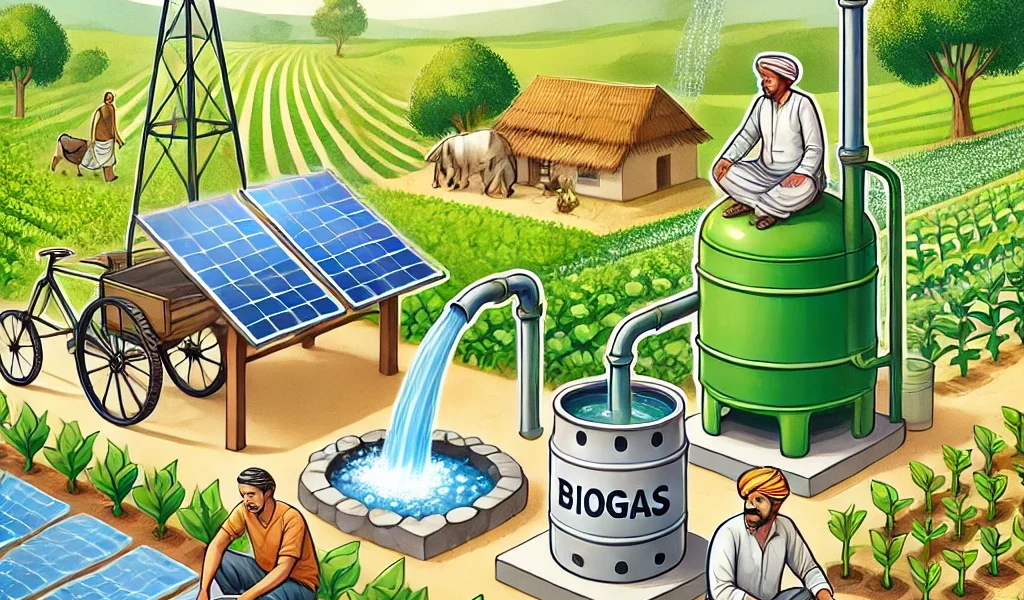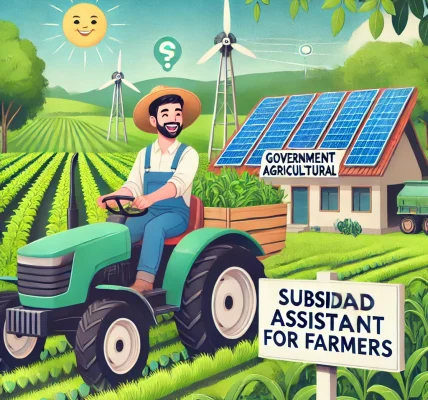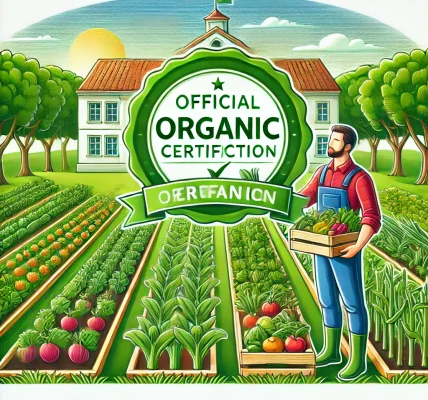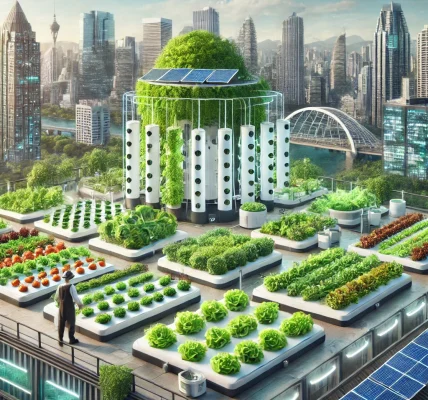Introduction
Renewable energy is revolutionizing the agricultural sector, providing farmers with sustainable, cost-effective solutions to meet their energy needs. The Indian government has introduced various subsidy schemes to promote solar pumps and biogas plants, helping farmers reduce dependency on conventional energy sources. This blog will explore these schemes, their benefits, eligibility, application process, and how they can transform farming practices.
Why Renewable Energy in Agriculture?
- Cost Savings: Reduces electricity and diesel costs for irrigation.
- Environmental Benefits: Lowers carbon footprint and reliance on fossil fuels.
- Energy Independence: Ensures reliable energy supply, especially in remote areas.
- Increased Productivity: Enhances efficiency and reduces manual labor.
1. Solar Pump Subsidy Scheme
Overview
The Solar Pump Subsidy Scheme under the PM-KUSUM (Pradhan Mantri Kisan Urja Suraksha evam Utthaan Mahabhiyan) aims to promote solar-powered irrigation pumps to reduce diesel dependency and encourage clean energy adoption.
Types of Solar Pumps Covered
- Standalone solar pumps: For areas with no electricity access.
- Grid-connected solar pumps: For farmers with electricity connections, allowing them to sell surplus power.
- Solarization of existing pumps: Converting electric pumps to solar-powered ones.
Government Subsidy & Financial Support
- Central Government Subsidy: Up to 60% subsidy on the total cost.
- State Government Contribution: Some states offer an additional 30% subsidy.
- Farmer’s Contribution: Around 10% of the total cost.
- Bank Loans Available: Low-interest loans are offered under various agricultural finance schemes.
Eligibility Criteria
- Individual farmers, cooperatives, and farmer producer organizations (FPOs).
- Land ownership proof and access to a water source.
- Compliance with local renewable energy policies.
Application Process
- Online Registration: Visit the PM-KUSUM portal or state renewable energy websites.
- Submit Documents: Aadhaar card, land records, bank details, and electricity bill (if applicable).
- Approval & Installation: Government agencies verify eligibility, and installation is carried out by approved vendors.
- Subsidy Disbursement: The subsidy is credited to the farmer’s bank account after installation.
2. Biogas Subsidy Scheme
Overview
The National Biogas and Organic Manure Programme (NBOMP) promotes biogas plants for rural households and farmers, helping convert organic waste into clean energy.
Benefits of Biogas for Farmers
- Provides a free and renewable energy source for cooking and heating.
- Generates organic manure to improve soil fertility.
- Reduces dependence on chemical fertilizers.
- Helps manage agricultural waste efficiently.
Government Subsidy & Financial Support
- Subsidy Amount: Varies by plant size and region (₹7,500 to ₹35,000 per unit).
- Additional Incentives: Higher subsidies for SC/ST farmers and women beneficiaries.
- Bank Loan Facility: Available under rural development schemes.
Eligibility Criteria
- Small and marginal farmers with access to livestock waste.
- Rural households engaged in farming.
- Willingness to maintain the biogas unit as per government norms.
Application Process
- Approach Nodal Agency: Contact state renewable energy departments or panchayat offices.
- Document Submission: Aadhaar, land records, and cattle ownership proof.
- Site Inspection: Officials inspect the site for feasibility.
- Approval & Installation: After approval, a biogas plant is installed by authorized agencies.
- Subsidy Disbursement: Funds are credited post-installation verification.
Challenges & Solutions in Adoption
Challenges
- High Initial Investment: Despite subsidies, upfront costs may be a burden.
- Technical Knowledge Gap: Farmers may require training on system maintenance.
- Awareness Issues: Many farmers are unaware of available subsidies and benefits.
Solutions
- Easy Financing Options: Government should expand loan programs.
- Training & Workshops: Conduct awareness campaigns and skill-building initiatives.
- Better Policy Implementation: Faster approval processes to encourage adoption.
Success Stories
1. Solar Pumps in Rajasthan
A farmer in Rajasthan installed a 5 HP solar pump under PM-KUSUM, reducing diesel costs by 80% and increasing crop yield.
2. Biogas Success in Maharashtra
A dairy farmer in Maharashtra set up a biogas plant to convert cow dung into energy, saving ₹5,000/month in cooking fuel costs.
Conclusion
Renewable energy solutions like solar pumps and biogas plants are transforming Indian agriculture, making it more sustainable and cost-effective. With government-backed subsidies, farmers can embrace these technologies to enhance productivity and reduce operational costs. If you’re a farmer looking to benefit from these schemes, apply today and contribute to a greener future!




